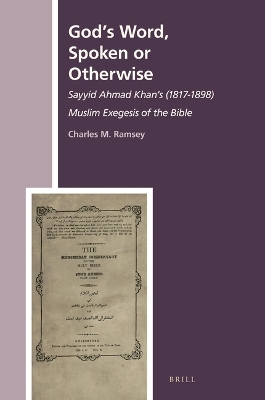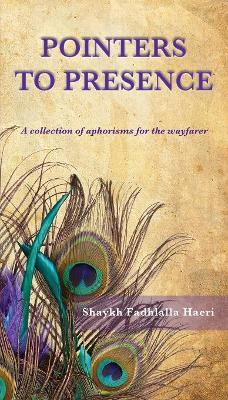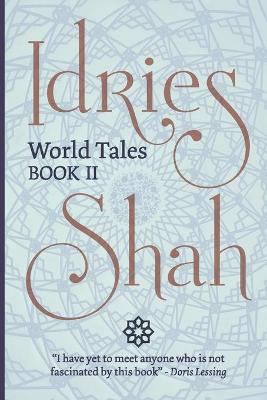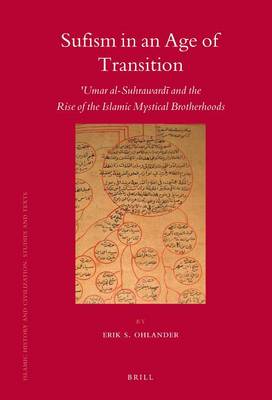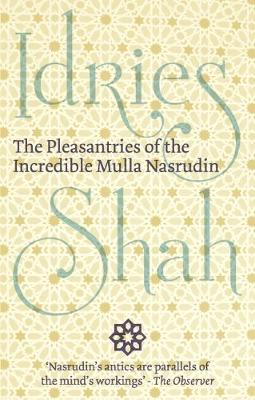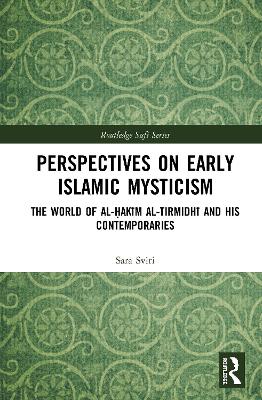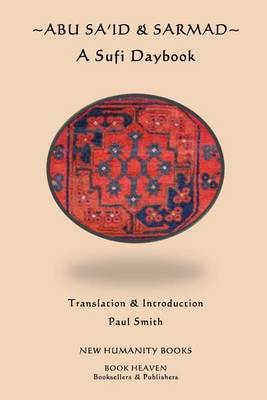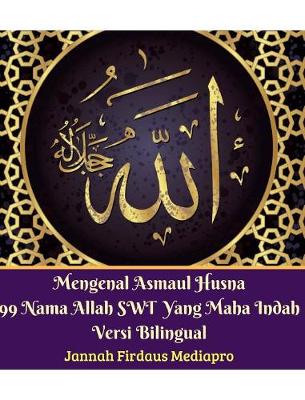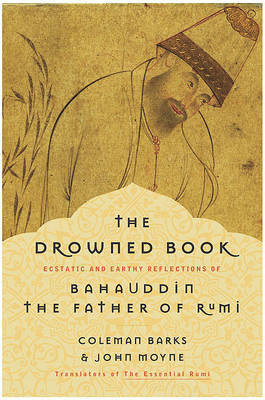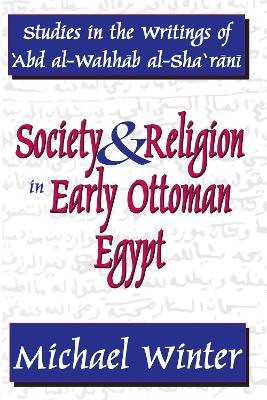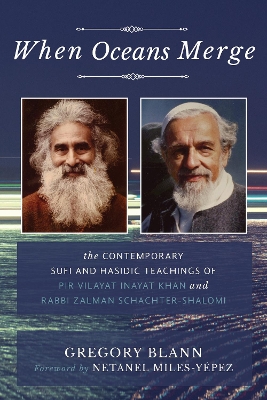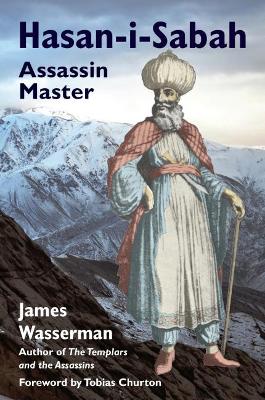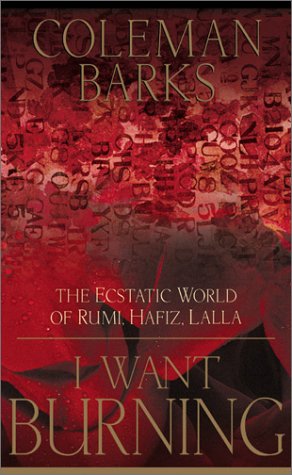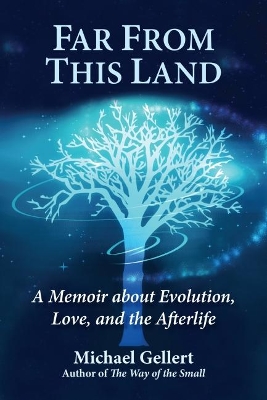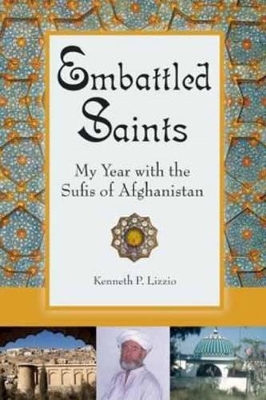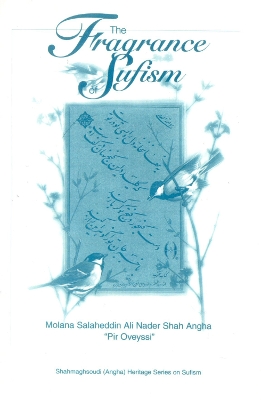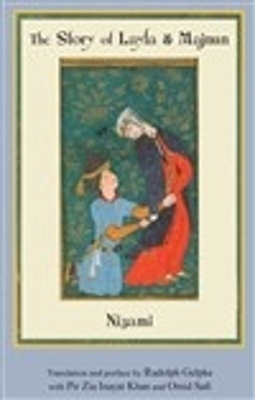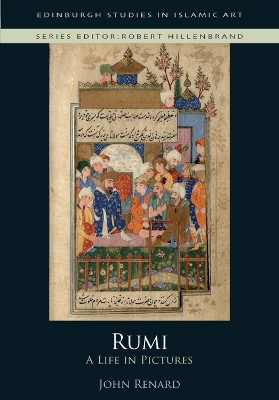God’s Word, Spoken or Otherwise (History of Christian-Muslim Relations, #45)
by Charles M Ramsey
Set in British India soon after the Uprising of 1857, God’s Word, Spoken and Otherwise explores the controversial and ingenious ideas of one of South Asia’s most influential public thinkers, Sir Sayyid Ahmad Khan (1817-1898). Bringing to light previously unpublished material from his exegetical commentaries on the Bible and Qur’an, this study explores the interplay of natural and prophetic revelation from an intertextual perspective. The book provides fresh insight into Sir Sayyid’s life and wor...
Sufism in an Age of Transition (Islamic History and Civilization, #71)
by Erik Ohlander
Although the early thirteenth century was a critical period in the development of Sufism, it has received little scholarly attention. Based on heretofore unexplored sources, this book examines a pivotal figure from this period: the scholar, mystic, statesman, and eponym of one of the earliest tariqa lineages, 'Umar al-Suhrawardi. In situating Suhrawardi's life work in its social, political, and religious contexts, this book suggests that his universalizing Sufi system was not only enmeshed withi...
This volume is a modern examination of the historical development of Sufism. The author offers a detailed account of the formation and development of the Sufi schools and orders (tariqahs) from the second century of Islam up until modern times. The work includes an extensive bibliography, notes, charts, and a glossary of Arabic terms. Professor John O. Voll provides an introduction and a list for further reading in this edition. The book is intended as a bibliographic resource for studies in Suf...
The Pleasantries of the Incredible Mulla Nasrudin (Picador Books)
by Idries Shah
This monograph explores the original literary produce of Muslim mystics during the eighth–tenth centuries, with special attention to ninth-century mystics, such as al-Tustarī, al-Muḥāsibī, al-Kharrāz, al-Junayd and, in particular, al-Ḥakīm al-Tirmidhī. Unlike other studies dealing with the so-called ‘Formative Period’, this book focuses on the extant writings of early mystics rather than on the later Ṣūfī compilations. These early mystics articulated what would become a hallmark of Islamic myst...
Mengenal Asmaul Husna 99 Nama Allah SWT Yang Maha Indah Versi Bilingual
by Jannah Firdaus Mediapro
Society and Religion in Early Ottoman Egypt (Studies in Islamic culture & history, v. 4)
by Michael Winter
The sixteenth century was a watershed in Egyptian his- tory. After being the center of powerful Islamic empires for centuries, Egypt was conquered in 1517 and made an outlying province of the Ottoman Empire. This study illuminates aspects of Egypt's social, intellectual, and religious life in the sixteenth century, as described by the Egyptian Sufi 'Abd al-Wahhb al-Sha'rn, one of the last original writers before cultural decadence permeated the Arab world in the late Middle Ages. A prominent soc...
Fresh translations of more than fifty poems by the three literary legends of the 14th-century Middle East--Rumi, Hafiz, and Lalla--are accompanied by vocals, pan flute, harmonium bells, and hand drums.
"As a man thinketh, so is he-thus is the biblical King Solomon often quoted by proponents of New Thought, one of the most influential native religious movements in America. Albert Amao provides an engaging and serious history of this and related movements from the eighteenth century to the present. His discussion ranges from Phineas P. Quimby, the father of New Thought, and Mary Baker Eddy, founder of Christian Science, to Myrtle Fillmore, cofounder of Unity Church of Christianity, William James...
This trilogy includes: The Treasure of God's Path, a clear and comprehensive presentation of the basics of Sufism; The Secret Word, a rapturous song of the enlightened heart; and The Approaching Promise, a poetic exposition of the soul's journey portrayed through the symbols of fire, air, water, and earth. Fragrance of Sufism will provide thoughtful reading for students and scholars of Religion and Eastern Studies as well as anyone interested in learning more about Sufism.
This book examines the development of Sufi movements that have migrated from their place of origin to become global religious networks.
